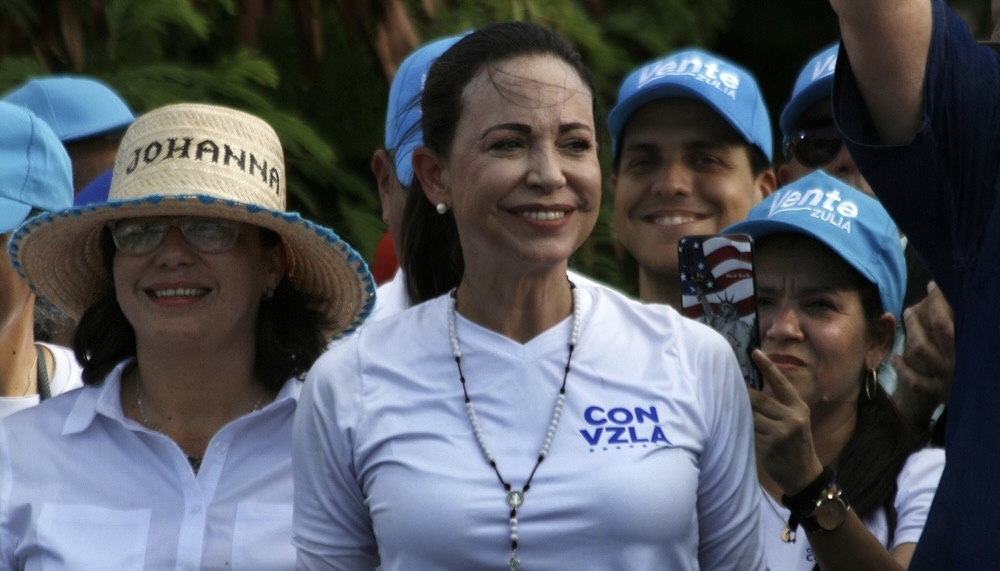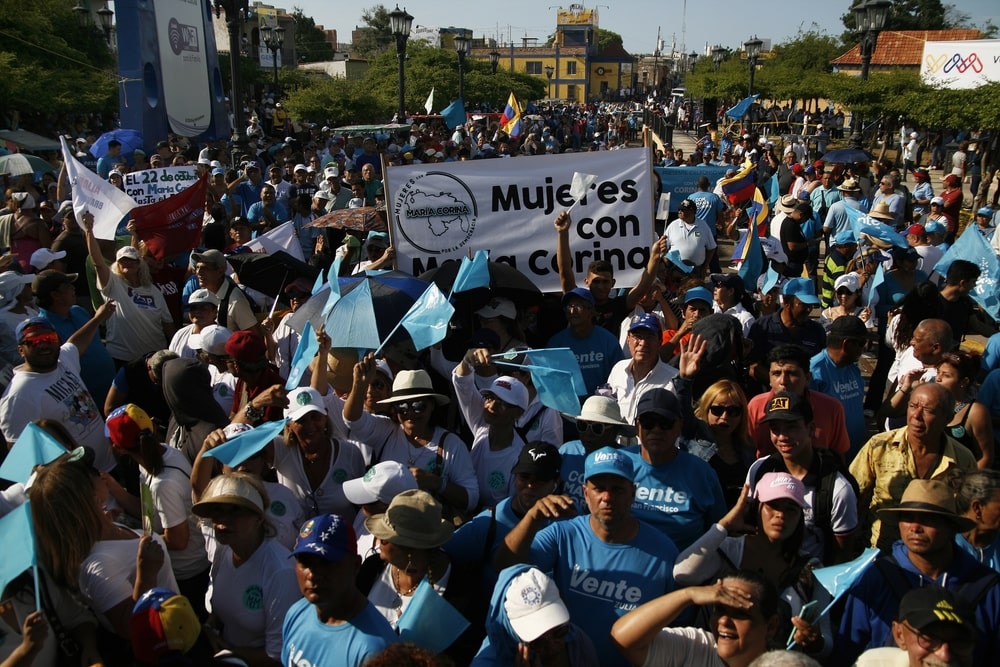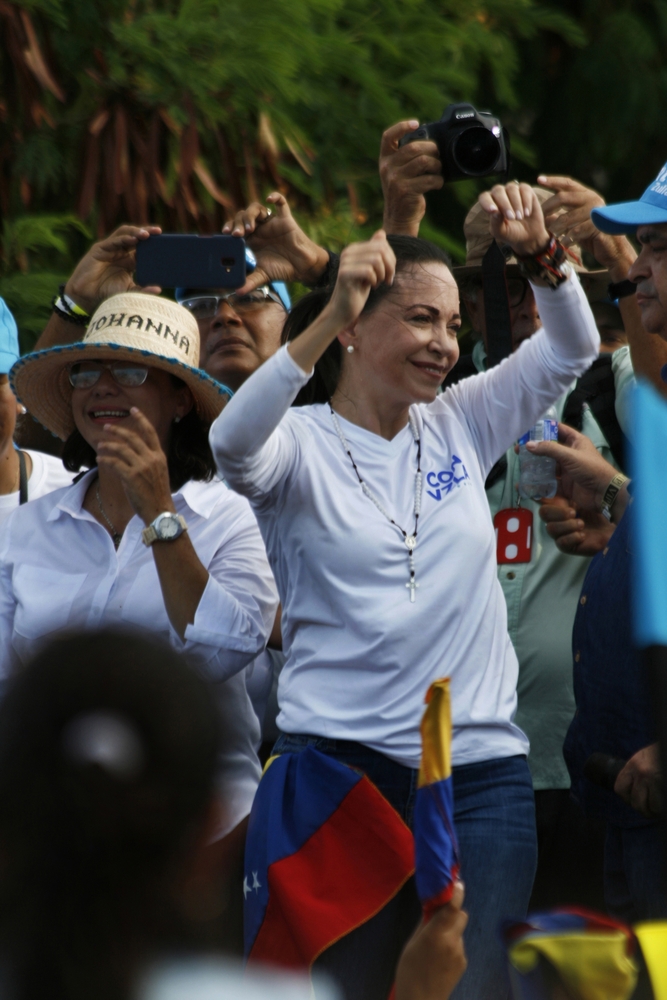
Long before the ceremonies and the honors, there was a woman who decided to stand in the open, to speak when silence had become a habit, and to carry the weight of that decision with unwavering grace.
María Corina Machado was born in Caracas in 1967 and grew up in a family where education, integrity and public spirit were part of daily life. Her father, Henrique Machado Zuloaga, worked as an engineer and was active in Venezuela’s steel industry. Her mother, Corina Parisca Pérez, was a psychologist who had once been a national tennis champion and represented Venezuela at the Pan-American Games. From her mother she inherited discipline and empathy, and from her father the understanding that structure and effort can hold even fragile systems together. The combination shaped a composed strength that would later define her public life.
Her schooling in Caracas gave her both intellectual grounding and a sense of duty that extended beyond comfort. After earning a degree in industrial engineering at the Universidad Católica Andrés Bello, she continued her studies at Yale University as a fellow of the Yale World Fellows Program. Her time abroad deepened her understanding of civic responsibility and exposed her to cultures where open debate and accountability formed the foundation of public life. These experiences formed the architecture of her worldview, a belief that education could be a path to liberation and that leadership required moral clarity more than ambition.
When she returned to Venezuela, the country was already entering a time of tension and division. In 2002 she co-founded Súmate, a civic organization devoted to encouraging voter participation and safeguarding electoral transparency. The initiative became a rare space of trust in a society gradually losing its democratic balance. Her work soon placed her in direct conflict with the government. In 2005 a Caracas court ordered her and fellow Súmate leaders to stand trial on treason charges after the group accepted foreign funds to support citizen participation in the 2004 recall referendum on President Hugo Chávez.
The confrontation deepened in 2014 when the ruling-party majority in the National Assembly stripped her of her parliamentary seat after she sought to speak before the Organization of American States as part of Panama’s delegation. Years later the pressure shifted to administrative bans. In June 2023 the Comptroller General’s Office barred her from holding public office for fifteen years and in January 2024 Venezuela’s Supreme Court upheld the disqualification. In January 2025, amid renewed protests, aides said she was briefly detained and later released, while officials publicly denied an arrest.
Throughout her years in public life, Machado has been known for her composure under pressure. She served in the National Assembly and continued to speak openly about corruption, accountability and the fragility of democratic institutions. Her leadership is defined by consistency and endurance. She consistently chose transparency, even when it left her standing alone. Her persistence reminds many that integrity itself can be a form of resistance.

The Nobel Committee’s decision in 2025 reflects the world’s renewed longing for moral leadership in times of fatigue and fracture. Venezuela’s humanitarian crisis, with millions of citizens displaced and its institutions weakened, became the stage on which Machado’s endurance was tested. She has never governed from a palace, yet she has guided from exile, from public squares and microphones, turning personal risk into a shared form of courage.
The response to her recognition has been complex and vivid. Admirers celebrate it as long-awaited affirmation of civic resilience, while critics see it as provocation in a nation still divided. Beyond political interpretation lies a deeper truth: a woman once denied a ballot has become a global symbol of peace. Machado embodies peace as a more demanding form, one that confronts injustice and never yields its dignity.

“Freedom is not a gift governments bestow. It is a right preserved through vigilance.”
– María Corina Machado.
She often speaks of freedom as a practice rather than an outcome, as something to be renewed through collective vigilance. Her words travel beyond Venezuela and reach every place where truth has grown fragile. Her life shows that courage sometimes moves with a constant rhythm of persistence.
In Caracas, murals of her face have begun to appear as recognitions of humanity. The lines of her expression carry both fatigue and light, the trace of someone who has given much and continues to give more. The Nobel Prize will not heal Venezuela’s wounds, yet it restores a vital faith that integrity can still shape history.
For those who observe her from afar, her story offers a mirror. It asks whether we defend truth while it is still endangered or only after it has disappeared. Her journey reminds us that renewal, whether political or personal, begins with a single decision to remain honest when compromise feels safer. That choice, carried through years of adversity, has made María Corina Machado’s life a testament to what peace can truly mean: a steady presence of courage.